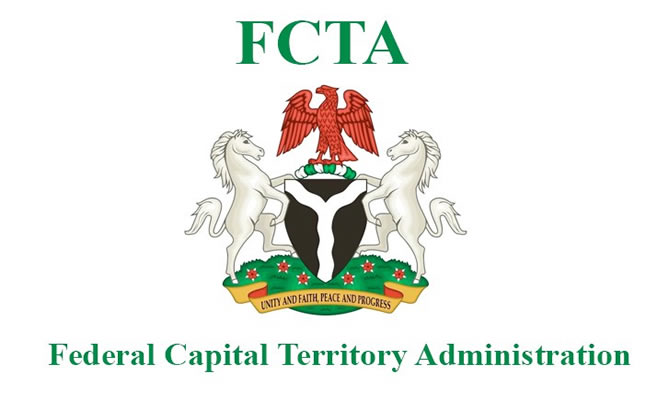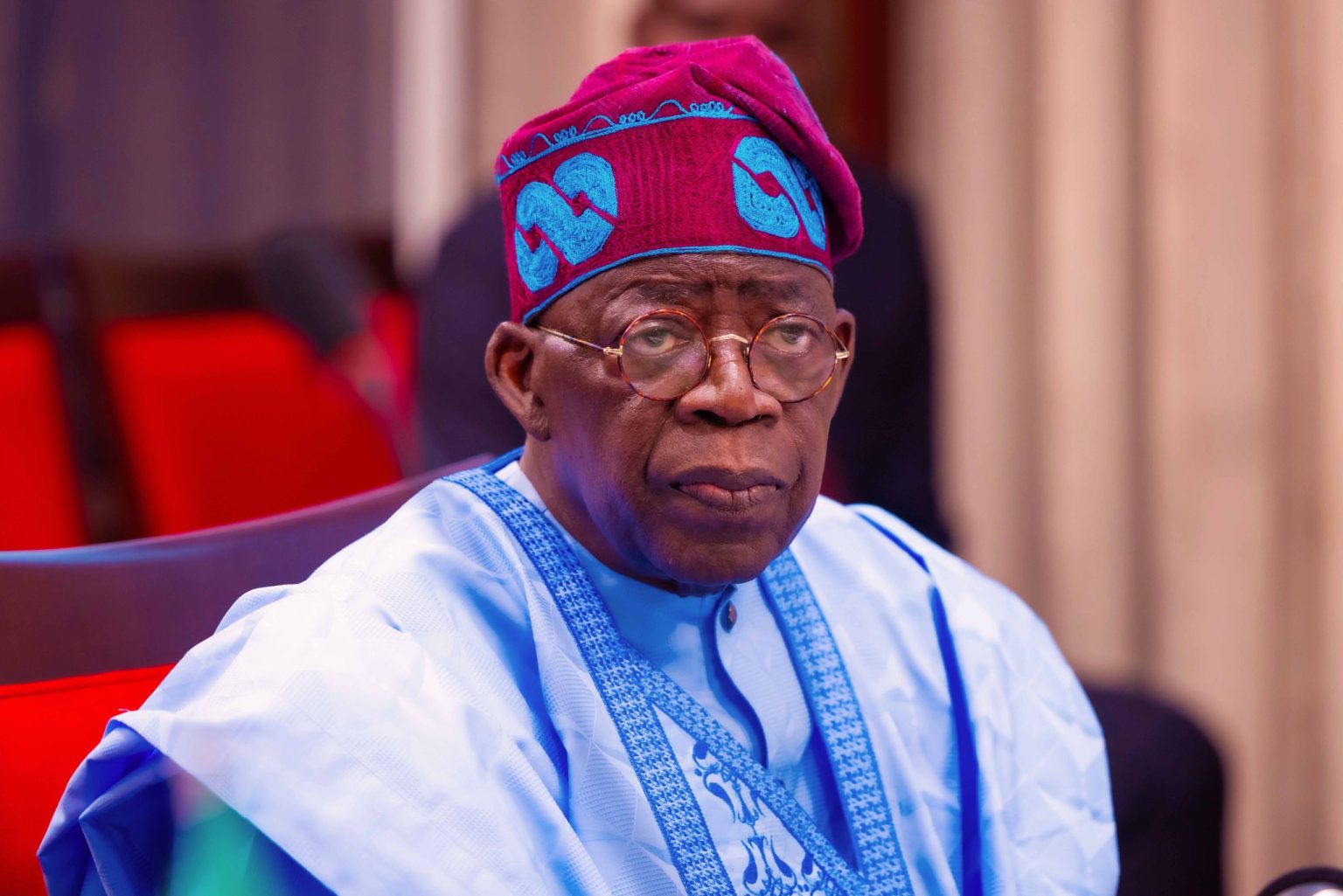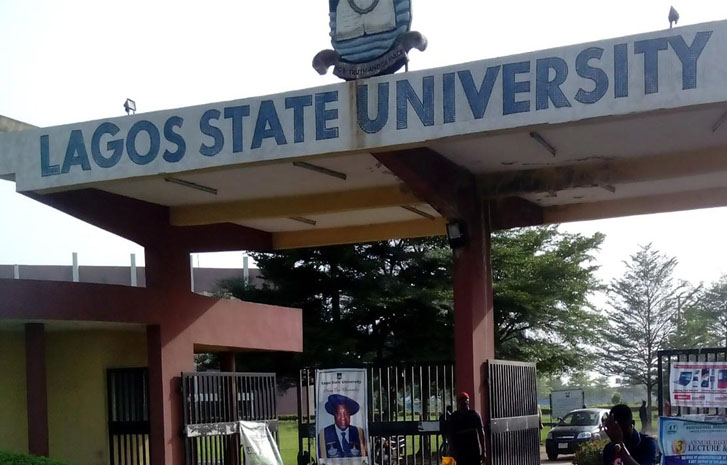Metro
Flooding: FCT Loses 13 lives in 3 Years

By Laide Akinboade
The Federal Capital Territory Administration (FCTA), said 13 lives have so far been lost to flooding in 3 years.
The Permanent Secretary, FCT, Chinyeaka Ohaa, stated this when he flagged off the 2019 assessment tour of flood prone area councils of FCT, organised by FCT Emergency Management Agency (FEMA).
He decried the habit of indiscriminate dumping of refuse by residents of Abuja, saying that this is the main cause of flooding in Abuja.
He said that the administration has concluded arrangements to strengthen the impact of sanitary inspectors across the six Area Councils as one of the solutions to the challenge.
“Unfortunately, flooding has become a recurring incident in some of our communities, even in normal rainfall seasons . This is largely due to human influences, especially the persistent attitude of residents dumping refuse in drainage system, farming activities by river banks and building on water ways, which are violations of laid down environmental laws. We must break away from this costly cycle of recurring flooding, and attitudinal change by all residents remains key.
“Years ago, the presence of local sanitary inspectors popularly known as ‘Duran gari’ in Hausa was enough to guarantee proper sanitation and good hygiene in communities, and cases of flooding were uncommon unlike today. Probably, this was because of the monetary penalties and other consequences of non-compliance imposed on offenders,” he said.
“Given the positive impact of Sanitary Inspectors on the environment, the Federal Capital Territory Administration will strengthen their operations across communities six Area Councils in order to enforce strict compliance to issues of sanitation and the land use Act,” the permanent secretary emphasised.
He said the administration will not relent in demolition of buildings constructed on waterways in clear violation of relevant laws because of the overall interest of the public safety.
He urged community leaders, to take greater responsibility in ensuring that residents within their domains comply with waste disposal and building regulations.
He therefore commended FEMA for living up to its responsibilities by implementing programmes that is aimed at ensuring safety of lives and property of residents of Abuja.
In his welcome address, the Director General of FEMA, revealed that 13 lives were lost to flooding in Abuja in 3 years.
According to him, “From our statistics, five lives were lost to flood in year 2017 in FCT. In 2018, seven lives were lost out of which two were children that got drown while attempting to swim in a river. So far in 2019, one life has been lost to flood incident.
“In the light of these worrisome statistics, I want to strongly appeal to community leaders and their subjects to take greater responsibility for flood risk prevention. There is no reason why lives of this magnitude, beside property, should be lost despite flood awareness programs carried out across communities year in year out”.
He said nobody can safeguard communities from flood and other dangers more than the communities are willing to safeguard their lives.
“While the primary responsibility of government is to ensure the safety of lives and property, it can only be achieved if preventive programs are taken seriously by the people. It is therefore the responsibility of community leaders to ensure compliance to sensitization messages especially with regards to proper waste disposal and avoidance of building or farming on water ways, while parents should also advise their children against risk behaviours such as swimming during raining season when the level is high”.
Metro
Tinubu, Idris Mourn Leon Usigbe, Veteran Statehouse Correspondent

By Johnson Eyiangho, Abuja
President Bola Tinubu expresses sadness over the passing of Dr. Leon Usigbe, a journalist with The Tribune Newspapers and a cherished member of the State House Press Corps.
Tinubu describes Dr. Usigbe as a veteran Statehouse Correspondent and professional whose dedication to truth, balance, and ethical journalism earned him the respect of colleagues, public officials and readers nationwide.
The President noted that Usigbe’s insightful reporting and calm demeanour contributed immensely to strengthening democratic governance and keeping the public well-informed about the workings of the presidency and government at large.
The President remarks: “I extend my heartfelt condolences to his family, friends, colleagues at The Tribune, and the entire Statehouse Press Corps. May Almighty God grant his soul eternal rest and comfort all who mourn this great loss.”
Similarly,Minister of Information and National Orientation, Mohammed Idris has described the death of Dr Leon Usigbe, the Abuja Bureau Chief of the Tribune Newspaper, as a monumental loss to the Newspaper, journalism profession and to the entire nation.
The Minister said with the death of Usigbe, Nigeria has lost one of its finest media minds — a man whose intellect, courage, and clarity of purpose earned him the respect of colleagues, government officials, and the public alike.
In a condolence message on Saturday, Idris said he received news of the death of Tribune Newspaper Bureau Chief with profound shock and deep sadness.
“Dr. Usigbe was an outstanding journalist, a highly cerebral professional, and a shining light within the Nigerian media landscape. His work was defined by integrity, depth, and an unflinching determination to the public good. As a pen-wielding advocate for democracy and national development, he brought intellectual rigour, insight, and balance to his reporting. In him, the Fourth Estate had a true patriot who used his craft to foster accountability and nation-building.
“I recall with particular sorrow his eloquent and thought-provoking contributions during the regular Ministerial Press Briefing Sessions convened by the Federal Ministry of Information and National Orientation in Abuja, as well as at the Press Briefings in the Presidential Villa. His interventions consistently elevated the quality of discourse and helped bridge the gap between government and the media — all in service of a more informed and engaged society,” Idris said.
On behalf of the Federal Ministry of Information and National Orientation, and himself, the Minister extended his heartfelt condolences to the management and staff of Tribune Newspaper, the government and people of Edo State, where he hailed from, as well as to his family, friends, and professional associates.
He prayed to the God Almighty to comfort those the late Bureau Chief left behind and to grant them the fortitude to bear the irreplaceable loss, saying “May his soul rest in perfect peace.”
Metro
S’West Doctors threaten Strike over Unfavorable Allowances

Torough David, Abuja
The South-West Caucus of the Nigerian Medical Association (NMA) said its members may embark on strike if the unfavorable allowances introduced for doctors by the Federal Government is not withdrawn.
The caucus, which comprised Osun, Oyo, Ekiti, Ogun and Ondo states, said this at a news conference in Osogbo on Tuesday.
Dr Adeniyi Fasanu, the Caucus Chairman, stated that the recent circular issued by the National Salary, Income and Wages Commission (NSIWC) concerning doctors (increased) allowances, is not in tandem with economic reality.
Fasanu, who is also the Osun State NMA Chairman, said the national leadership of NMA had given the Federal Government 21-day ultimatum to withdraw the circular.
He said the southwest caucus aligns with national leadership of the NMA in demanding for: immediate correction of inconsequential adjustment in alignment with the 2001, 2009 and 2014 Collective Bargaining Agreements (CBAs).
“Full payment of 2025 Medical Residency Training Fund (MRTF) and comprehensive review of the fund to reflect current economic realities,” he said
Dr Olumuyiwa Alonge, Ondo NMA Chairman, said the FG did not consult them before announcing the allowances.
Alonge said this was the time medical doctors needed to be motivated as there was a serious shortage of doctors in the country, with a ratio of one doctor to 10,000 patients.
Speaking, Dr Ifedayo Oreyemi, Ekiti State NMA Chairman, said 2,000 doctors leave the country yearly, adding that if doctors’ welfare was not given adequate attention, doctors would continue to leave the country for greener pasture.
Ogun State NMA Chairman, Dr Luqman Ogunjimi said the NWIC circular on doctor’s allowances would discourage doctors that were already overworked and underpaid, to want to remain and practice in the Nigerian health sector.
Oyo State NMA Chairman, Dr. Happy Adedapo said the government needed to be responsive to the plight of doctors, saying the allowance being introduced was insignificant against the rising inflation in the country.
The caucus, among their 18 demands, also ask for the implementation of the 2021 hazard allowance agreement, and implementation of the revised retirement age for medical and dental practitioners.
They said if the Federal Government failed to attend to their demands, the caucus would convene an emergency meeting to advise their members appropriately in concert with the national leadership of NMA.
| ReplyReply allForwardAdd reaction |
Metro
Don Urges Curricula Reform to Include African Perspectives in Science, Logic

Torough David, Abuja
The Deputy Vice-Chancellor (Academics), Lagos State University (LASU), Prof. Oseni Afisi, on Tuesday called for reform of Nigeria’s education curricula to include African perspectives in science, logic and ethics.
Afisi made the call while delivering the 108th LASU Inaugural Lecture Series at the university’s main campus, Ojo.
Afisi is a Professor of Philosophy of Science, Logic and Critical Rationalism at the Department of Philosophy, Faculty of Arts, LASU.
Afisi’s lecture was entitled ‘The Oracle and the Open Society: Rethinking of Evolution of Authority and the Pursuit of Epistemical Justice in African Philosophical Thought’.
The inaugural lecturer said that teaching reforms should also emphasise dialogical reasoning, moral accountability and critical thinking rooted in local languages.
“Curricula at all levels of education must be reformed to include African perspectives in science, logic and ethics.
“Beyond token inclusion, educational content should reflect the depth, complexity and contemporary relevance of African philosophies.
“Teaching methods should emphasise dialogical reasoning, moral accountability, and critical thinking rooted in local languages, oral traditions and community experiences.
“Textbooks and materials should be developed to support these aims,” he said.
He said that scholars must rise to the challenge of rethinking epistemology beyond the western cannon.
“Scholars should embrace epistemic pluralism by critically engaging indigenous knowledge systems and legitimising their knowledge within global discourse.
“Research must not only be methodologically rigorous but also socially responsive.
“Interdisciplinary work that bridges philosophy, science and African worldviews should be encouraged through collaborative platforms and funding schemes,” he added.
He said that there was an urgent need to institutionalise plural approaches to knowledge.
He also said that national policies should formally recognise and regulate the interface between biomedicine and traditional healing system.
“Artificial Intelligence systems must be built with transparency, fairness and communal accountability at their core.
“Algorithmic decision-making tools should be subjected to ethical scrutiny informed by African communitarian ethics such as Ubuntu.
“Innovation hubs and tech curricula should incorporate training in philosophy of technology and digital ethics from African perspectives,” he said.
According to Afisi, the lecture was not merely about comparing African and Western systems of knowledge.
“It is about addressing a deeper concern: the epistemic injustice suffered by African traditions under colonialism and their continued marginalisation in our institutions today.
“It is about reclaiming the integrity of indigenous epistemologies, engaging critically with global thought systems.
“Let us, therefore, re-imagine African societies where technological advancement is tempered by moral insight, where education is guided by critical consciousness and where governance reflects dialogue and dignity.
“May the African open society not be a borrowed idea, but a living tradition, critically reconstructed, philosophically grounded and ethically sustained,” he said.
























